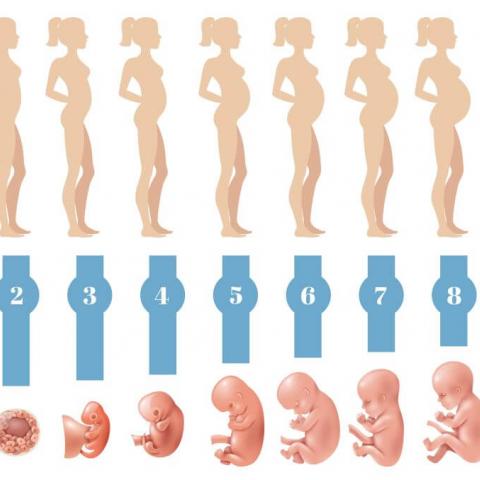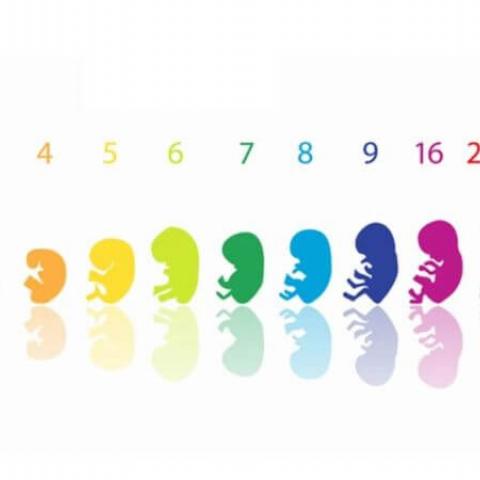Wiki: Pedia
<p>A wiki is a website designed for collaborative editing, letting many people create, update, and organize content directly in a web browser.
They emphasize simplicity and openness — pages can be created or modified without special technical skills, and most maintain an edit history so revisions can be reviewed or reverted.
Key features
- **Collaborative editing:** Multiple people can edit the same pages, occasionally concurrently.
- **Edit history:** Every modification is recorded with a timestamp and the editor’s identity or IP address.
- **Interlinking:** It’s easy to create links between pages, forming an interconnected knowledge base.
- **Lightweight markup:** Pages are typically formatted with lightweight markup like WikiText or Markdown.
- **Permission settings:** Some wikis are open to anyone; others limit edits to registered users or specific groups.
- **Discussion pages:** Talk or discussion pages let contributors debate edits and organization.
Frequent uses
- Community-driven knowledge bases (for example, Wikipedia)
- Project documentation and internal company knowledge repositories
- Collaborative writing and shared note-taking
- Classroom and educational projects
Advantages
- **Fast collaboration:** Multiple people can add and refine content quickly.
- **Openness:** Visibility into edits and discussions shows how decisions were reached.
- **Expandable:** They scale organically as users add more pages and topics.
Drawbacks
- **Vandalism and false information:** Open editing may allow intentional or accidental inaccuracies.
- **Inconsistent quality:** Articles can differ greatly in depth, tone, and reliability.
- **Organizational issues:** Lack of structure or rules can lead to disorganization and conflicts.
Notable example
- **Wikipedia** — the best-known wiki, run by the Wikimedia Foundation and built by volunteer contributors worldwide.</p>





















